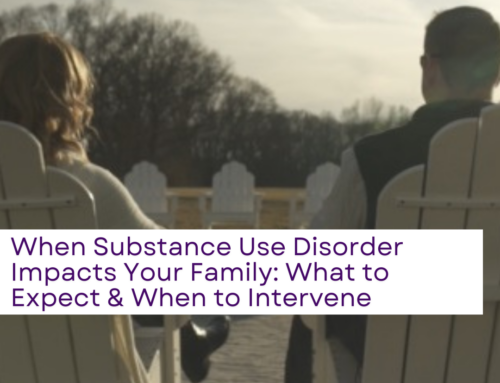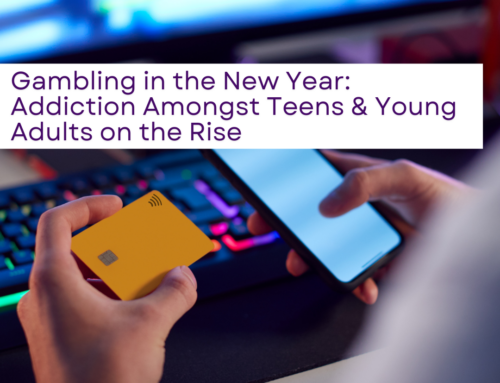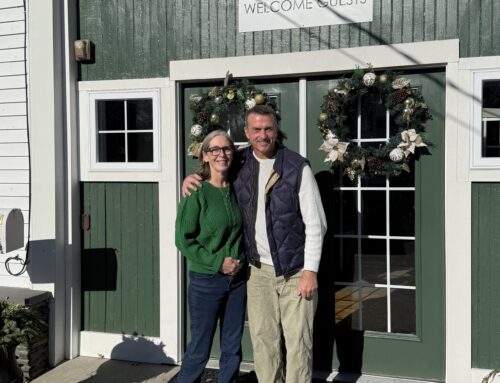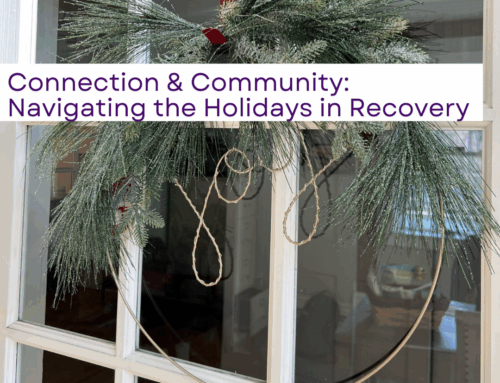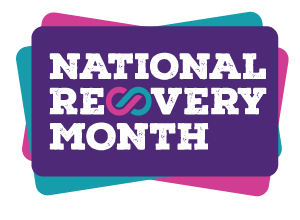
Every September, communities across the United States come together to observe National Recovery Month, a time dedicated to celebrating hope, healing, and the remarkable resilience of the human spirit.
This annual observance isn’t just about raising awareness—it’s about recognizing that recovery is real, recovery is possible, and recovery happens every day in communities just like yours.
The History and Heart Behind National Recovery Month
National Recovery Month began in 1989, established by the Substance Abuse and Mental Health Services Administration (SAMHSA) to promote and support new evidence-based treatment and recovery practices, the nation’s strong and proud recovery community, and the dedication of service providers and communities who make recovery possible.
What started as a focused effort to raise awareness has transformed into a nationwide movement that reinforces a critical message: behavioral health is essential to overall health, prevention works, treatment is effective, and people can and do recover. Each September, tens of thousands of prevention, treatment, and recovery programs across the country participate in Recovery Month activities, sharing success stories and fostering education, empathy, and understanding about mental health and substance use disorders.
The 2025 theme, “Recovery is REAL (Restoring Every Aspect of Life),” emphasizes that with the right treatment, support, and resources, recovery is achievable for everyone. This message resonates deeply in communities nationwide, where real people are living proof that recovery transforms lives.
Addiction and Mental Health Impact Millions
The scope of addiction and mental health challenges in America is staggering, touching nearly every family in some way. According to a 2024 national survey by SAMHSA’s National Survey on Drug Use and Health, approximately 48.4 million Americans aged 12 and older battled a substance use disorder in the past year. This represents 16.8% of the population—nearly one in six Americans.
Mental health challenges are equally prevalent. In 2024, 61.5 million adults (23.4% of the adult population) experienced any mental illness, while 14.6 million adults lived with serious mental illness. Among adolescents aged 12 to 17, nearly one in five experienced moderate or severe symptoms of generalized anxiety disorder.

The intersection of mental health and substance use is particularly significant, with 55.8% of those with a substance use disorder also experiencing a mental illness—a co-occurring disorder that requires integrated treatment approaches.
Recovery Is Real and Possible with Treatment
Perhaps the most important message of Recovery Month is this: recovery works. Despite the serious nature of substance use and mental health disorders, millions of Americans are living proof that recovery is not only possible—it’s happening every day.
The evidence supporting recovery is compelling and hopeful. According to SAMHSA data, 7 in 10 adults who ever had a substance use problem and 2 in 3 adults who ever had a mental health problem consider themselves to be in recovery or to have recovered. These aren’t just numbers—they represent millions of people who have reclaimed their lives, rebuilt relationships, and rediscovered hope.
Treatment works, and it works in many different ways. Research on the science of addiction and the treatment of substance use disorders has led to the development of research-based methods that help people to stop using substances and resume productive lives, also known as being in recovery. There are multiple pathways to recovery that can be tailored to each individual’s unique needs and circumstances.
Breaking Down Barriers to Help

Despite the hope that recovery represents, significant barriers still exist. Of the millions of people with a substance use disorder, the 2024 National Survey on Drug Use and Health (NSDUH) found that a staggering 80% did not receive any treatment. This treatment gap represents one of our greatest opportunities to expand hope and healing in communities across the country.
Sometimes the biggest barrier isn’t access—it’s simply taking that first step. Stigma, shame, and misconceptions about addiction and mental health can prevent people from seeking the help they need and deserve. Some may view acknowledging and receiving treatment for an SUD as a sign of personal failure and weakness. The associated shame felt by patients and families can make it difficult to seek treatment.
But here’s what we know to be true: seeking help is a sign of strength, not weakness. SUD is a treatable, chronic disease that can affect people of any race, sex, income level, or social class. Just as we wouldn’t hesitate to seek treatment for diabetes, heart disease, or any other medical condition, behavioral health conditions deserve the same compassionate, evidence-based response.
Celebrating Recovery, Building Hope
National Recovery Month reminds us that behind every statistic is a human story of resilience, courage, and hope. It’s about the parent who got their children back, the college student who found healthy ways to cope with anxiety, the veteran who discovered that healing from trauma was possible, and the teenager who learned that there was life beyond addiction.
Recovery Month celebrates the millions of Americans in recovery and recognizes their contributions and accomplishments of their loved ones, and their many allies. National Recovery Month is intended to counter stigma and instill hope that recovery is possible for everyone.
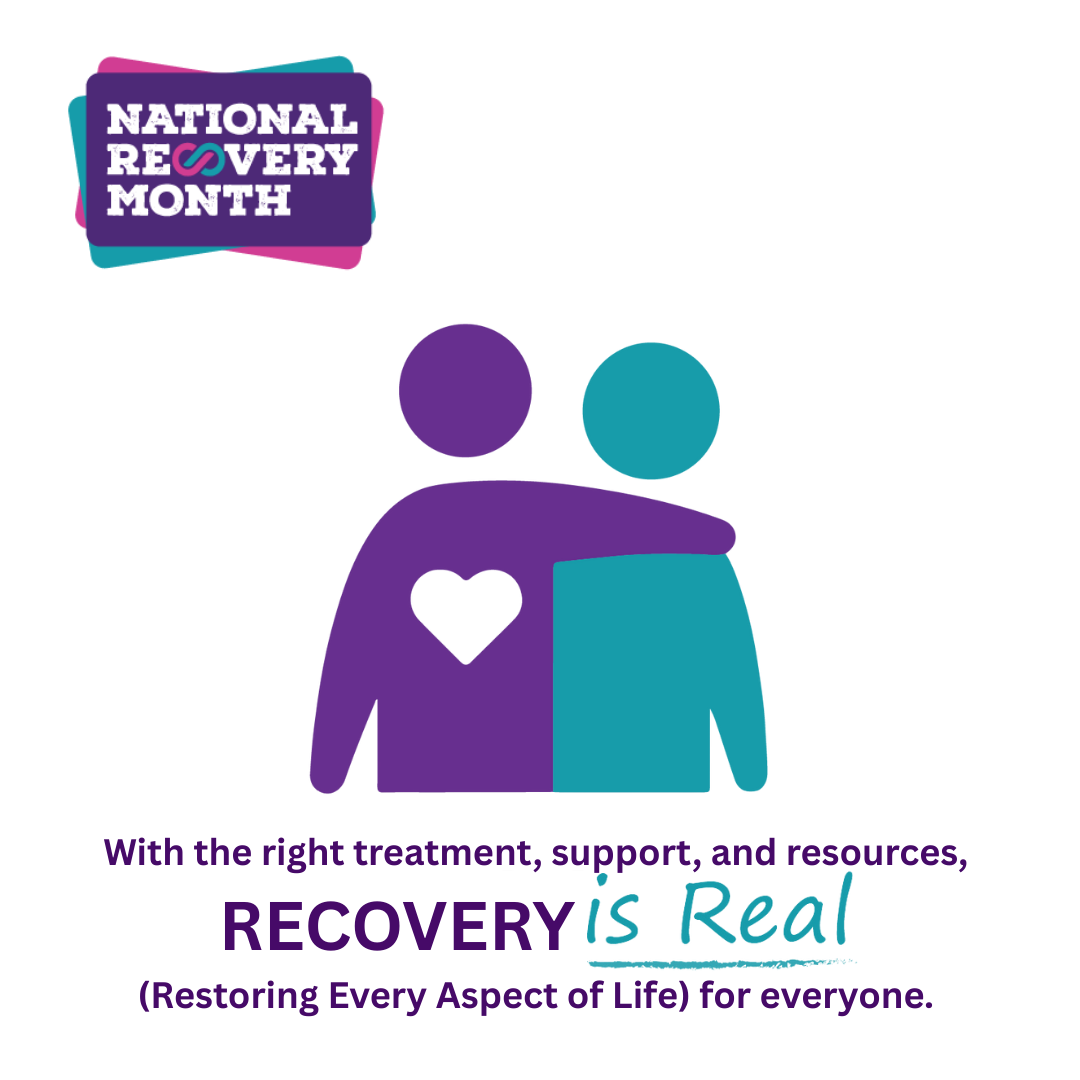
This September, as we observe National Recovery Month, let’s commit to spreading a message of hope, reducing stigma, and ensuring that everyone knows that recovery is real, recovery is possible, and help is available. Whether you’re in recovery yourself, supporting a loved one, or working to create recovery-friendly communities, you’re part of a movement that’s transforming lives and giving people the chance to write new chapters in their stories.
Recovery happens every day, in every community, and it could begin today for you or someone you care about. That’s definitely worth celebrating.
About Herren Wellness

Herren Wellness is a thriving community of people at all stages in their recovery journey. We introduce holistic therapies and strategies centered around emotional, physical, and spiritual wellness, in addition to life coaching sessions, family support and an individualized wellness plan to provide a solid foundation in recovery from alcohol and substance use.
We believe that staying connected and community has a lasting impact on recovery, and encourage all alumni to participate in our weekly alumni meetings, seasonal events and annual retreat. Your connection to Herren Wellness doesn’t end when your stay ends; we are there for you throughout your recovery journey.
If you, or a loved one, are looking for help, please call us at (844) 443-7736, email us at info@herrenwellness.com, or register for a 30 minute consultation with our Executive Director, Lori McCarthy. It is never too early or to late to seek help for substance use at any stage.


